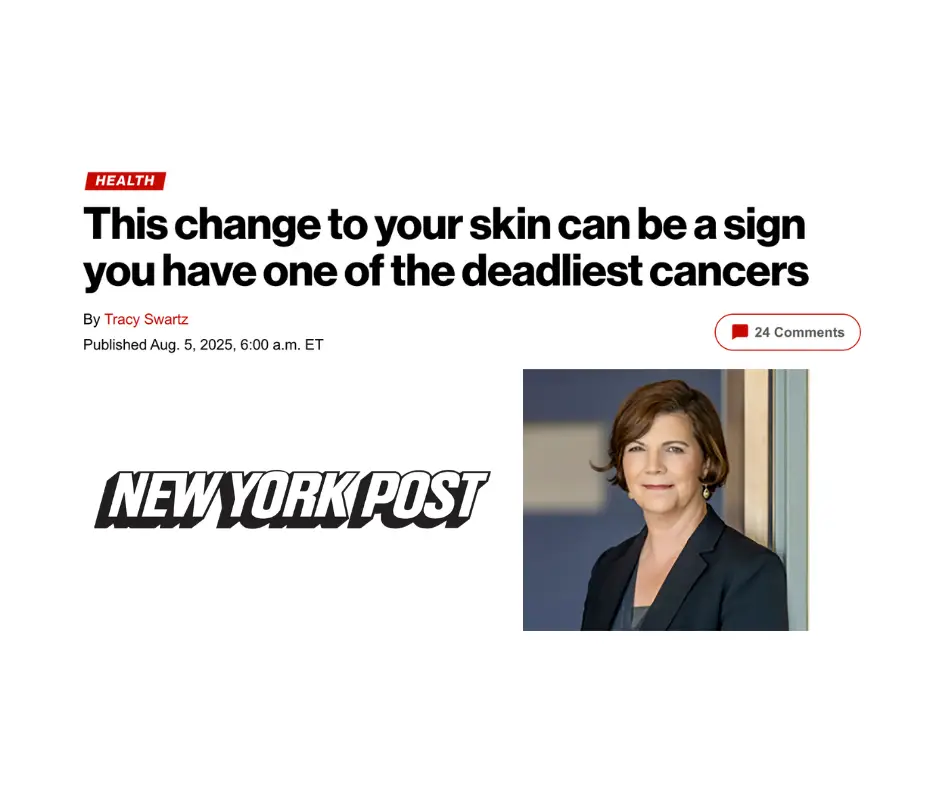Every person with pancreatic cancer is different. Cancer is a disease in which some of the body’s cells grow uncontrollably and may spread to other parts of the body. In some cases, cancer is caused by genetic mutations. The American Cancer Society estimates that:
- About 64,000 people will be diagnosed with pancreatic cancer in 2023. Over 50,000 people are expected to die from pancreatic cancer in 2023.
Why Donate To Cancer Research?
We don’t know what causes pancreatic cancer, but there are several factors that increase the chance of developing pancreatic cancer. Having a risk factor does not mean you will get the disease. Some people with risk factors may never develop cancer. The factors that may increase the risk of having pancreatic cancer may include:
- Age – Cancer is more common in older people because of their prolonged exposure to carcinogens. The risk of developing pancreatic cancer is greatest in people over the age of 60.
- Race (Ethnicity) – It may be due to some other pancreatic cancer risk factors like being overweight, diabetes, smoking, heavy alcohol consumption and diet. It is more common in African Americans than whites, asians or hispanics.
- Family History – People with a family history may have an increased risk of pancreatic cancer or Familial pancreatic cancer (FPC), if they have first-degree relatives (A parent, sibling or child) who has the disease. Only 10% of pancreatic cancers are considered hereditary.
- Certain genetic factors may increase the risk for pancreatic cancer, including:
- BRCA2 & BRCA1 Mutation – Both mutations increase the risk of breast, ovarian cancer, and pancreatic cancer.
- PALB2 Mutation – Women with a PALB2 mutation are at increased risk for several types of cancer including pancreatic.
- HNPCC (Hereditary Non Polyposic Colorectal Cancer) Lynch Syndrome – Lynch syndrome is the most common hereditary cancer. People who have Lynch syndrome may have a nine fold increase in the risk for pancreatic cancer.
- Peutz-Jeghers Syndrome (PJS) – It is a disorder in which polyps grow in the digestive tract. This condition can be developed in the small and large intestine, it can cause bleeding and blockages.
- Familial Atypical Multiple Mole Melanoma Syndrome (FAMMM) – It is characterized by multiple moles and a family history of melanoma.
- Smoking – Smoking is one of the major pancreatic cancer risk factors. People who smoke are two (2) times more likely to develop pancreatic cancer compared to those who have never smoked before. About 20-35% of pancreatic cancers are caused by cigarette smoking.
- Alcohol – Having more than three drinks per day is associated with an increased risk of pancreatic cancer.
- Overweight – About 20% of obese people have an increased risk of developing pancreatic cancer. The risk is even higher in people who have been obese since childhood.
- Diet – High consumption of sugary drinks, fats, red and processed meats may increase the risk of developing pancreatic cancer.
- Diabetes – Diabetes can be an early symptom of pancreatic cancer. It is more common in people with type 2 diabetes. About 80% of people over 50 have recently been diagnosed with diabetes.
What can help lower your risk of pancreatic cancer?
Eating healthy and maintaining a healthy weight may help lower your risk. The American Cancer Society recommends following a balanced diet that includes plenty of fruits, vegetables, whole grains, and that limits or avoids processed meats, sugary drinks, and highly processed foods.
Does Donating To Cancer Research Help?
Pancreatic Cancer is the deadliest common cancer, yet it receives less than 3% of cancer research funding. Be a hero by donating today to pancreatic cancer research. TrovaNOW proceeds go towards collaborative research to detect pancreatic cancers earlier, saving thousands of lives from the world’s deadliest cancer.
How To Donate To Cancer Research?
Pancreatic cancer research and innovation are critical for creating breakthroughs that will improve the lives of pancreatic cancer patients. If you have any questions or If you want more information about how to donate, just email us at trovanow@gmail.com or learn more at https://trovanow.com





